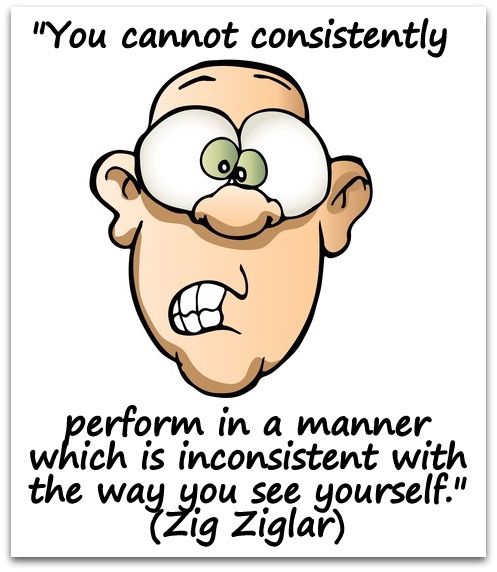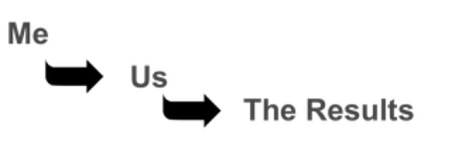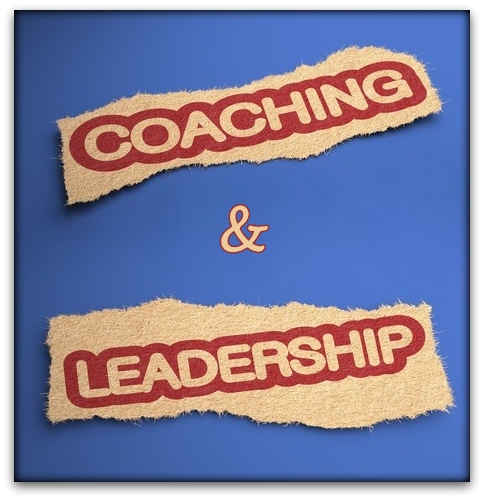Walking & Talking in Nature
In today’s guest post performance coach Anna-Marie Watson shares some of her experience and knowledge.
Walking & Talking in Nature*
By Anna-Marie Watson

Do the following questions strike a chord for your clients or maybe just you?
Working 11, 12, 13 or more hours a day cooped up inside and permanently attached to a computer?
Struggling to hit 10,000 daily steps to satisfy the FitBit?
Mentally fatigued juggling 101 dead lines and demanding clients who add to a never-ending “to-do” list that regularly spirals out of control?
Was that a resounding “Yes!”; grudging “Maybe”, niggling “Sometimes” or resolute “No”?
For most of us who fall in the “Yes”, “Maybe” or even “Sometimes” bracket, the perfect yet often overlooked antidote to modern life is nature.
The simple act of stepping beyond the four walls of our work spaces and spending time in the natural environment improves creativity and productivity, reduces stress, aids mental clarity and encourages a wider appreciation of different perspectives. Our human brain with unique cognitive skills was developed over hundreds of years in the presence of permanent movement outdoors. From an evolutionary perspective our bodies are designed to walk up to 12 miles per day, unlike our current obesio-genic environment where on average we remain stationary for over 8 hours (Medina, 2014). Taking our clients outside for coaching sessions creates a physical shift from immobile to active and provides natural inspiration to stimulate cognitive thought to support our genetic heritage.

Neurons image
Just take a moment to appreciate your brain with its approximate eighty-five billion neurons that constantly wire, fire, re-wire and re-fire to process and transmit information. This 1.4 kg tofu-like mass weighs a mere fraction of our total body weight yet devours over 20% of our daily energy needs to maintain essential chemical and electrical processes way beyond the scale of any other human organ. The amount of energy needed on a daily, weekly, monthly and yearly basis that’s necessary to navigate a myriad of tasks is simply mind-boggling.
The physical, biological and chemical interactions to process our thoughts, make decisions, silence our internal critic, organise daily tasks, unconsciously regulate the immune, cardiovascular, muscular, skeletal, endocrine, digestive, lymphatic, nervous, respiratory and reproductive systems, and then remember to email our accountant the end of year figures, are endless. Ultimately the brain, or more specifically the prefrontal cortex, like any other muscle becomes fatigued and needs time out to rest, relax and recover then return fully recharged with resilience boosted to increase productivity and reach optimum performance.
The routine dual attack and constant over stimulation from external sources and internal rhetoric can be turned on its head by stepping outside into nature*, taking a deep breathe, placing one foot in front of another, stilling the mind and living in the present moment. These recommendations from the global scientific community are reflected in British government policy with the advice to move from a sedentary position every thirty minutes and engage in a minimum of 150 minutes of 3 lots of 20-30 minutes of aerobic exercise sessions per week (Public Health England, 2014).
From a coaching perspective the combination of physical movement, different environment and mental exploration leaves the client feeling refreshed, restored and with improved mental performance. Walking & Talking coaching sessions inevitably facilitate the creation of different states, energy and perspectives, which in turn influences subsequent outcomes and results compared to a traditional static conversation. Next time you’re scheduling a client coaching session cancel the conference room or confines of a café and opt for an urban venture outside the four walls hemming you in to reap physical and mental rewards.
I’ll conclude with the succinct and simple words of Elizabeth Hurley “spending time outdoors makes you feel great”.
Note*: Nature literally exists on our doorsteps and is best accessed on two feet.
References
Medina, J. (2014). Brain Rules. Pear Press, USA.
Public Health England. (2014). Everybody Active, Every Day – An evidence-based approach to physical activity click here to read Accessed 6 Sep 16.
Williams, F. (2016). This is Your Brain on Nature. http://ngm.nationalgeographic.com/2016/01/call-to-wild-text Accessed 4 Sep 2016.
About Anna-Marie Watson
 Anna-Marie is a performance coach who draws from NLP, sports psychology, neuroscience, positive psychology and mindfulness theory to craft industrious and dynamic coaching partnerships with clients who yearn for more and desire balance within their life. Anna-Marie’s specialty is “walking & talking” where the Great Outdoors inspires facilitates deep level insights, encourages different perspectives and ultimately optimises performance. She integrates Analytic-Network (http://www.analyticnetwork.com) and mBraining (http://www.mbraining.com) methodologies to unlock and unleash transformational change.
Anna-Marie is a performance coach who draws from NLP, sports psychology, neuroscience, positive psychology and mindfulness theory to craft industrious and dynamic coaching partnerships with clients who yearn for more and desire balance within their life. Anna-Marie’s specialty is “walking & talking” where the Great Outdoors inspires facilitates deep level insights, encourages different perspectives and ultimately optimises performance. She integrates Analytic-Network (http://www.analyticnetwork.com) and mBraining (http://www.mbraining.com) methodologies to unlock and unleash transformational change.
Anna-Marie has been at the forefront of leadership and personal development for over 16 years working with high performing individuals and teams across three continents. Anna-Marie’s core values of growth, balance and energy are reflected in her business Reach for More. where improving yourself is an all round experience.
 For more information on Anna-Marie’s performance coaching services, visit www.rfmcoaching.com
For more information on Anna-Marie’s performance coaching services, visit www.rfmcoaching.com
Connect with Anna-Marie on Social Media
Twitter: https://twitter.com/RFMCoaching
Facebook: https://www.facebook.com/RFMCoaching/
LinkedIn: https://www.linkedin.com/in/awatson4
Google+: https://www.google.com/+AnnaMarieWatson
Instagram: https://www.instagram.com/rfmcoaching/






 Dr Jane Lewis has been coaching since 1998, following outplacement coaching which helped her determine what she really wanted to do when she grew up. She specialises in helping women sort out their careers – whether they are returning from a career break, feeling lost, or simply want a new job. She also works as an HR consultant and trainer.
Dr Jane Lewis has been coaching since 1998, following outplacement coaching which helped her determine what she really wanted to do when she grew up. She specialises in helping women sort out their careers – whether they are returning from a career break, feeling lost, or simply want a new job. She also works as an HR consultant and trainer.